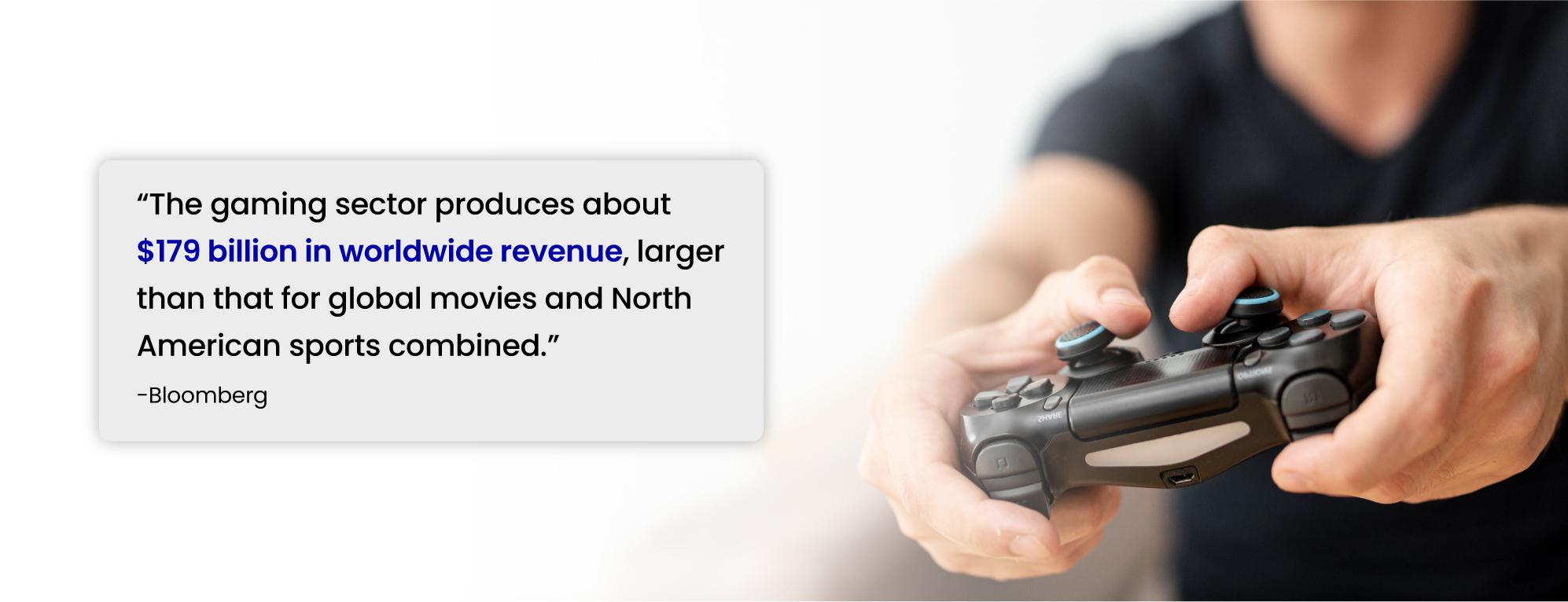Insights
How gaming culture is winning the game
2 min read. María Lucía Villegas
María Lucía Villegas
María Lucía Villegas
Strategy ConsultantWhat is gaming culture?
Only if you’re living under a rock, you’ll say you haven’t downloaded any games in your life. It is known that gaming has always been an essential part of a digital user’s behavior and preferences, in fact, some of the best trend hunters in the world affirm that the industry of gaming is only getting started.
We can clearly see this in how companies are doing their best efforts to implement a gamification strategy. But the adaptation of this culture is far bigger than we can imagine. Many companies’ implementation of the gaming strategy is only an asserted response to the mainstream consumer.
But gaming is not a trend, nor a sudden purchase decision that eventually is going to wear off the consumer. Gaming isn’t the technology either. Gaming has much more to do with urban cultures and a lifestyle rather than a practice.
Now, if you’re still asking yourself what exactly is gaming culture, it’s a group of people or communities that share a common interest (videogames) and perform different daily activities around this interest.
Neverending growth
Since its beginnings in 1980, gaming has never stopped growing. We are familiar with games like Pacman or Mario, which were the first ones in the market. After this, we have come across popular games worldwide like War of Warcraft, The Sims, or the latest hit game, Animal Crossing. There are different kinds of games in different categories to meet everyone’s needs.
But gaming culture is not only about games developed for consoles. We have seen multiple platforms in which playing a game can be possible, like phones, desktops, or a more recent innovation, virtual reality. Add to this the variety of games, accessories, and other complementary products like merchandise out there.
The winning strategy
We’re talking about an industry that contains many layers. One that is worth pointing out is the emotional support that it provides consumers. I read somewhere that to understand gaming, it’s important to forget the technology and focus on humanity, and I think they’re right.
It’s way too easy to understand this culture from business or product strategies because a lot of money is produced lately by the gaming sector worldwide and their revenue is an overstatement. People are drawn to new technologies and experiences out of curiosity, but what makes consumers stay and grow with the industry?

We can also say that it stays relevant because it’s an industry that’s innovating constantly, as we can see with the multiple features that include gaming like currencies, marketplaces or regulations. I also think that’s completely true.
But what I think it’s the most valuable asset that gaming gives consumers, it’s the possibility to escape the real world, even for a few minutes, into this new world in which one can be. Gamers are allowed to have everything they want and even interact with other people from different countries.
This is why gaming has never stopped growing and it never will. Plus, as the industry innovates so do the channels in which consumers can enjoy this parallel world. Like Twitch, a platform that allows gaming streaming experiences and that as of February 2021, had approximately 9 million users.
So if you’re asking yourself if it’s too late to start a gamification strategy in your business, it’s not. Just remember why gaming culture is relevant right now, it’s not because of the technologies, it’s because of the people. So when you start planning that strategy, concentrate on the humans behind those screens. That will give you the winning strategy.
You may be interested in:
Generación Alfa: conocimiento a los consumidores digitales del futuro
Why should my company train digital citizens?

Written by María Lucía Villegas
 María Lucía Villegas
María Lucía Villegas
Lu provides expert guidance in shaping business strategies and achieving growth. Her analytical skills and industry insights help clients navigate challenges and capitalize on opportunities.
